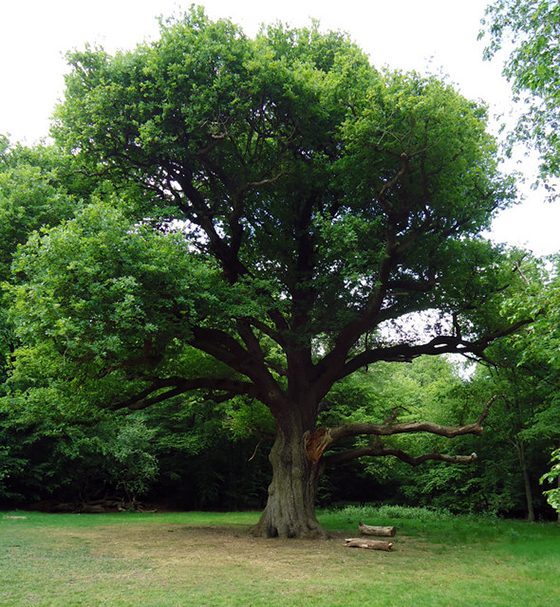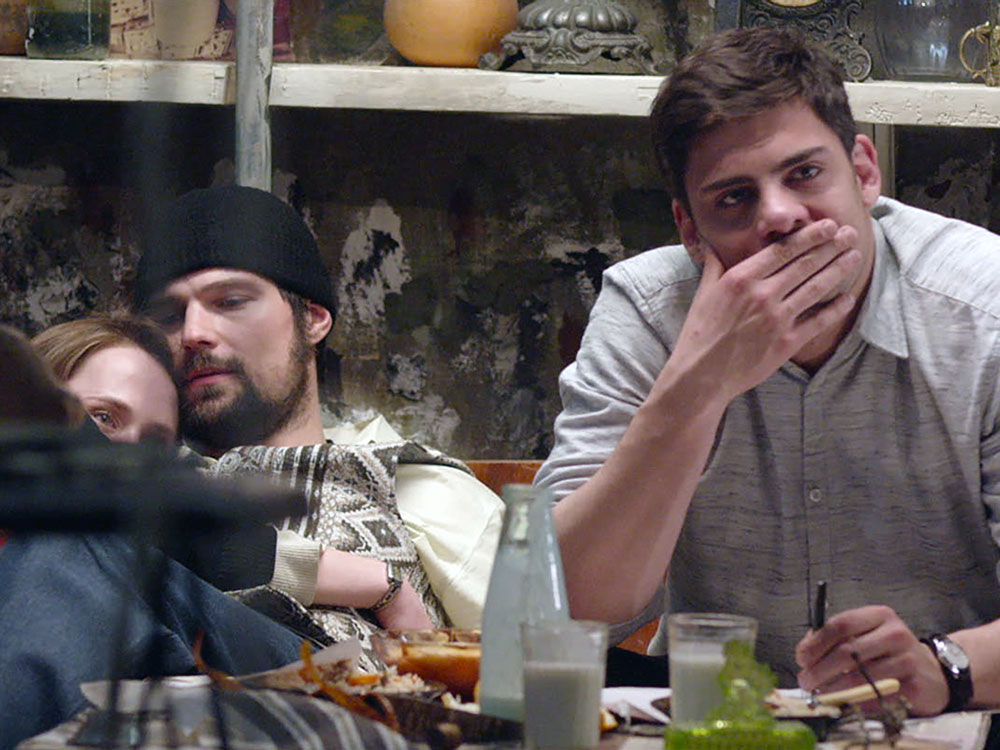The ICA will be on general strike on Fri 20 Oct. Read more
Today’s Daily is guest edited by writer, artist and activist Hannah Black.
Hannah, who was born in the UK and now lives in New York City, found herself stranded in London after her recent gallery exhibition Ruin/Rien. In her writing and works and as an activist, Hannah steps over the delineations that define existing systems, asking pointedly – particularly when considering the current situation – How can an artwork claim autonomy, if the artist actually hasn’t got any? Her exhibition title Ruin/Rien uncannily anticipates the ruins of our current system, while suggesting that nothing (Rien) has managed to overcome its inherent antagonisms and our own oxymoronic existence. In today’s Daily, Hannah presents some examples of how change in form of community care is possible.
Stefan Kalmár
If the current popularity of mutual aid is to be more than just a free informal delivery service and expression of neighbourly kindness (neither of which are nothing!), and become a means of living together and reinventing a world through the coming period of collapse, we have to examine our surroundings and learn from what came before us. Like Akwaaba: a drop-in centre for migrants, offering a lovingly prepared hot meal, haircuts, help with bureaucracy, childcare, storytelling sessions and more every Sunday. It is run collectively by migrants and allies, necessarily autonomous from local government structures because of their hostility to undocumented people.
Akwaaba, which in English means welcome, was established five years ago by a group of Ghanaian people living in London but now includes people from all over the world. Running a complex project like this for five years is truly impressive. The organization is structured around working groups, that Yusuf, Akwaaba’s head chef, organizes and cooks meals using food bought with donations and received in-kind from sympathetic local businesses. He emphasized that the communal spirit of Akwaaba has changed his and his family’s life, as well as giving him a means to help others.
There are as many modes and styles of participating in mutual aid as there are ways of being. Shanthi, a lawyer who volunteers with Akwaaba, urged supporters to push political representatives to free migrants from the horror of poverty by abolishing the ‘no recourse to public funds’ designation that has left thousands of people in destitution. The simplest way to help is to give money, if you have even a little spare, you can contribute here.
Communal food security efforts are a concrete expression of people’s desire to assure each other’s survival. Even prior to the pandemic crisis, about 1.5 million adults in London struggle to afford adequate food every day. The Felix Project rescues unsellable food from the food industry and redistributes it to people in need. Find out more here.
The crisis of the pandemic is temporary, though we most likely have a couple more years of distancing ahead of us, but its economic impact on a fragile system will last much longer. Many are already putting their enthusiasm into helping to build collective support structures. These reflections by Cooperation, a solidarity kitchen in Birmingham, offer helpful advice to others hoping to set up similar projects plus some thoughts on how mutual aid efforts like this might equip themselves for the longer crisis. Learn more here.
Lately I have been spending as much time as I can in forests, where you can feel the layers of life both spatially from the undergrowth to the high branches and historically as human usage of these lands through thousands of years. I was really moved by this description of the ancient trees of Epping Forest. I found it on an ancient tree forum here. You can also do the walk it describes any time.
In its loving attention to individual trees, some of them centuries old, these descriptions remind us of the preciousness of every singular life. Shaping and managing land is one of the few things that English people are truly good at, in the sense that they do it without embarrassment or fear. This capacity has been misused on the capitalist-colonial level but probably meant something more life-affirming at its origin.
This world is rife with homelessness of all kinds: displacement here, lack of welcome there. Efforts to stabilize people’s homes are crucial now as the financialization of property, both on a grand historical level and the recent post-crisis intensification, has turned houses and apartment buildings into clearing houses of international finance capital. And on the level of the everyday, many people are struggling not only to eat, but also to pay rent. London Renters Union is helping renters to collectivize their struggle against landlords in the hope of eventually winning major gains in tenant rights; to receive support, you can join here (members pay small monthly dues).
Track of the Day
The Philadelphia rapper, model and DJ Chynna died tragically recently at the age of just 25. She was hugely talented and sounds like a really special person, very loved by her friends. Rest in peace.
Thanks to Yusuf Balogan and Shanthi Sivakumaran from Akwaaba
To receive the ICA Daily email, sign up here
The ICA is a charity. If you would like to support us during this difficult time, you can join the ICA as a member or make a donation here.

350-year-old Grimston's Oak in Epping Forest. Credit: Roger Jones











no. 236848.